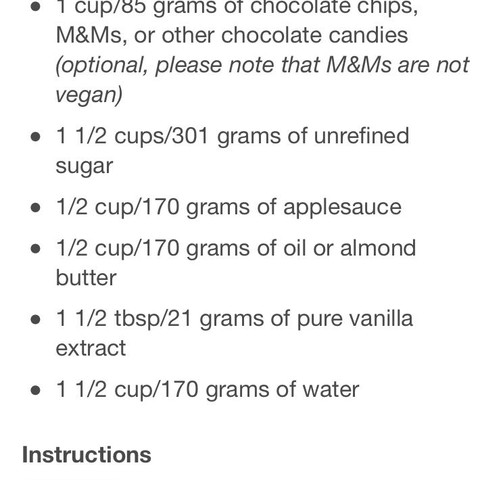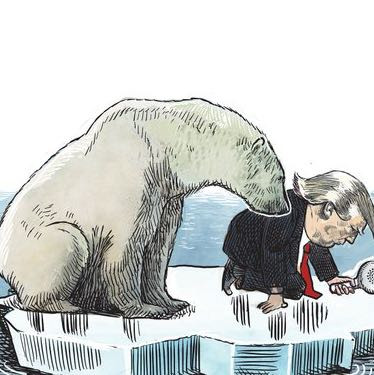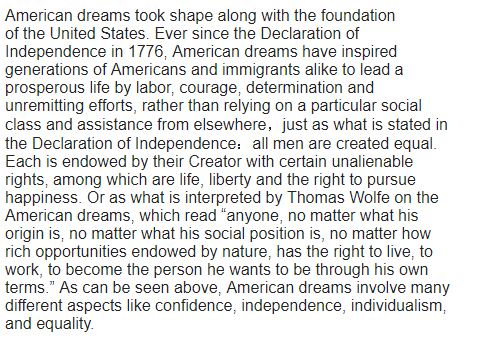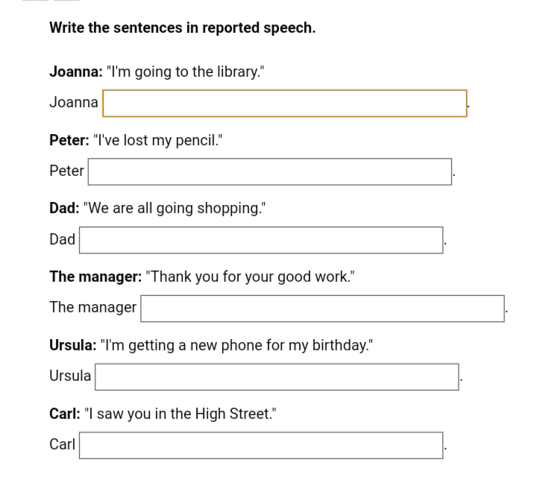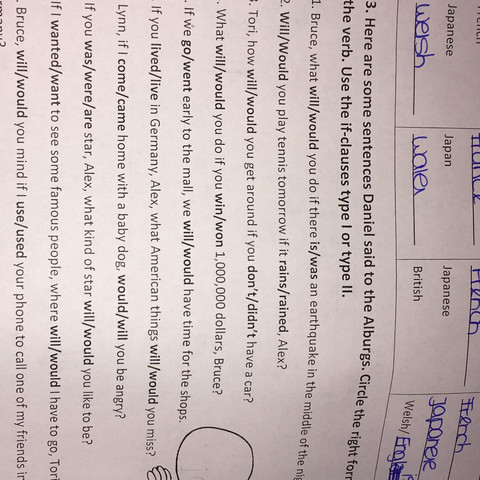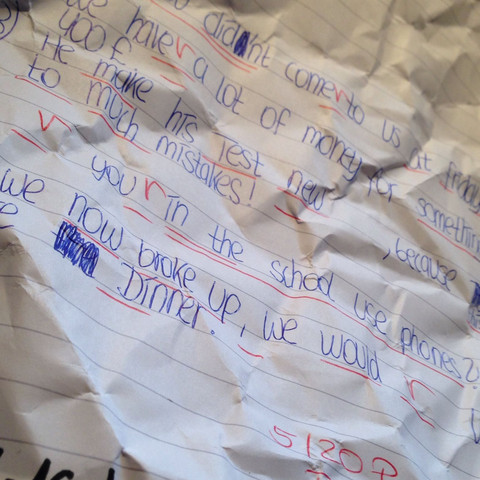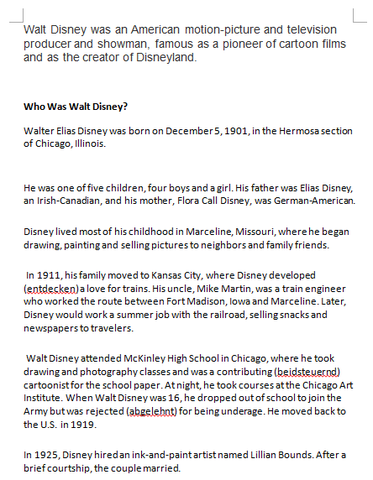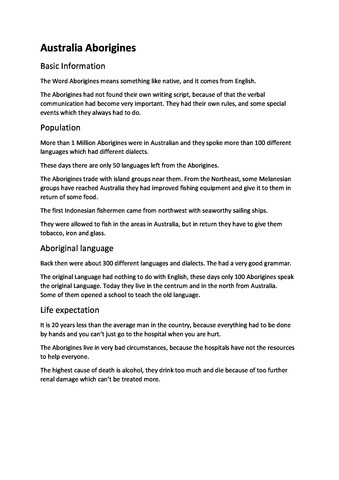Hallo Community, habe ich folgenden Dialog richtig übersetzt? Am liebsten wär es für mich, wenn ihr den folgenden Text kopiert und anschließend berichtigt. Ich freue mich für jede sinnvolle Antwort. An alle noch ein frohes Jahr und ein gutes, fröhliches 2018!
Applicant (A), Interviewer/employer (I)
A klopft an,
I: "Come in! “,
A: "Good morning! How are you? “,
I: "Good morning, I’m fine, thanks. How are you? “
A: “I’m fine, too, thank you.”
I: “Sit down, please! My name is . Tell me something about you, please.”
A: “My name is , I’m 24 years old and I come from Germany. I am interested to work in the Facility management. (ODER “I’m interested in being a caretaker.”)”
I: “Where did you go to school in Germany?
A: “My primary school was the . Grundschule (wegen Eigenname deutschen Namen benutzt, richtig so?) and later I took my Abitur at the .
I: “What’s that, an Abitur?”
A: “That’s like the British A-Levels.”
I: “Ah okay, I didn’t know this. Did you have any work experience yet?
A: “During a social work school project I helped to clean a school house and I worked as a caretaker in a hotel in Berlin for 2 years.”
I: “What are your qualities and skills?”
A: “I love tidiness and I like pupils. I always wanted a job at school but I didn’t want to be a caretaker. Also, I like fixing broken things and taking care for plants.”
I: “Thank you but that isn’t really what I wanted to hear. What are your qualities and skills? Why are you the ideal person for this job? Why should we employ you?”
A: “I’m perfect for this job because I’m well educated because of my A-Levels and I already have 2 years of work experience.
I: “Thank you very much! Do you have any questions, too?”
A: “Yes, I have ´. Which remit would I have to undertake exactly? (Welchen Aufgabenbereich würde ich genau übernehmen?)
I: “You’ll have to take care about the school garden and you’ll have to clean the floors. A typical task for facility manager is to rake up the leaves. In winter, a facility manager takes over the winter service.”
A: “Okay, I have another question. How would a working day look like?” (ALTERNATIVE: How would you describe a typical day and week in this position?)
I: “At 8 o’clock you’ll open the school for pupils and teachers. At 9 o’clock the lessons start. Until then, all classrooms should be open. From 9 to 13 o'clock they would do all pending (anstehende) tasks. From 1 to 2 pm you have lunch break. At 4 pm you would put chairs on the tables. At 5 pm you would complete the classrooms again.”
A: “Thanks for the detailed answer! I’m just curious, when was the school built?”
I: “In 1922 a very famous Scientist named Peggy Edmund opened this Science school. This year we have anniversary for 95 years. Do you have any other questions?”
A: “No; I didn’t, thanks.”
I: “Name, nice meeting you. Thank you for coming. I'll contact you in about 2 weeks.”
A: “Thank you for the job interview invitation and I look forward to the answer in 2 weeks. Good Bye!”
I: “Good Bye, See you!”
